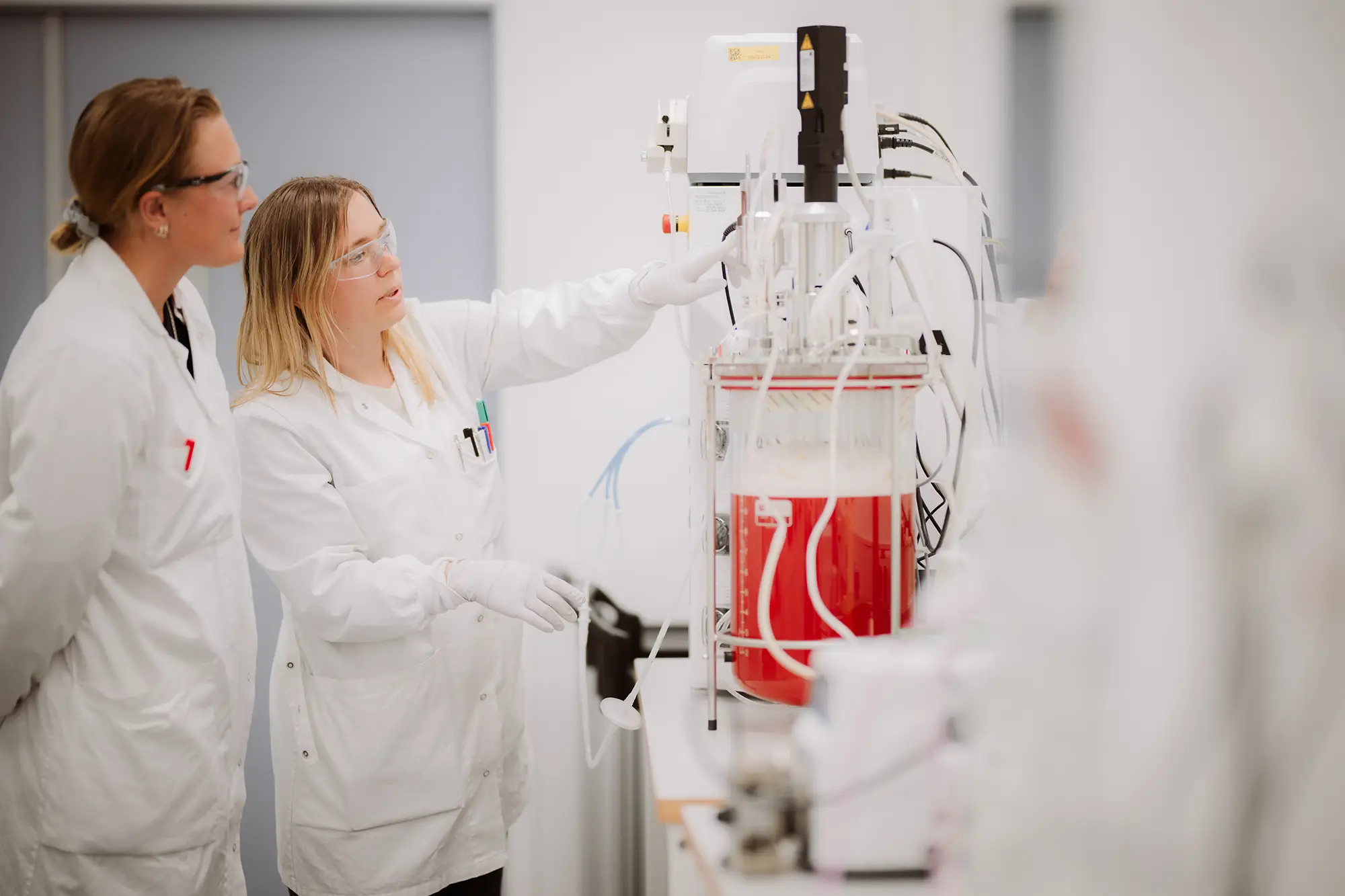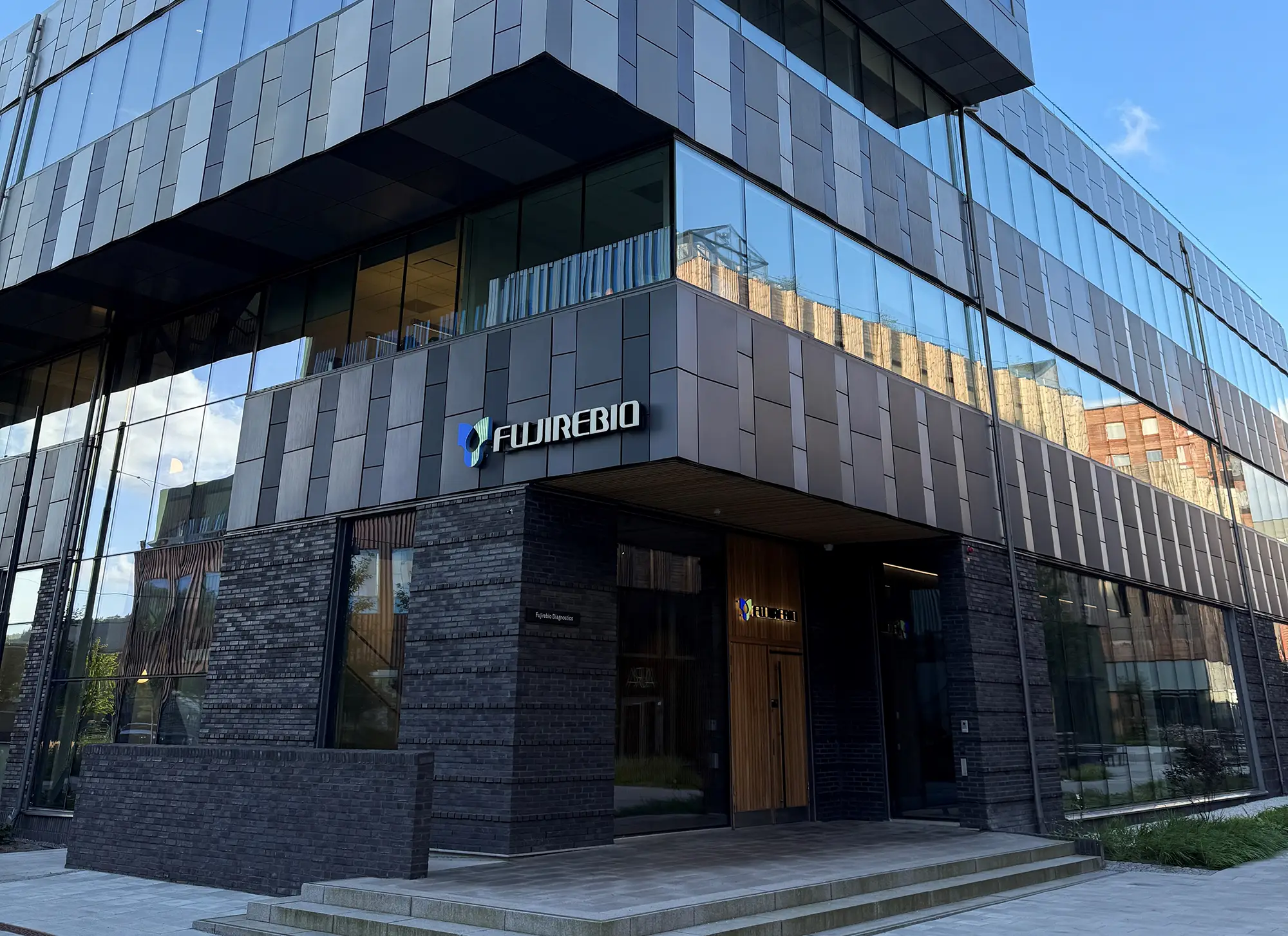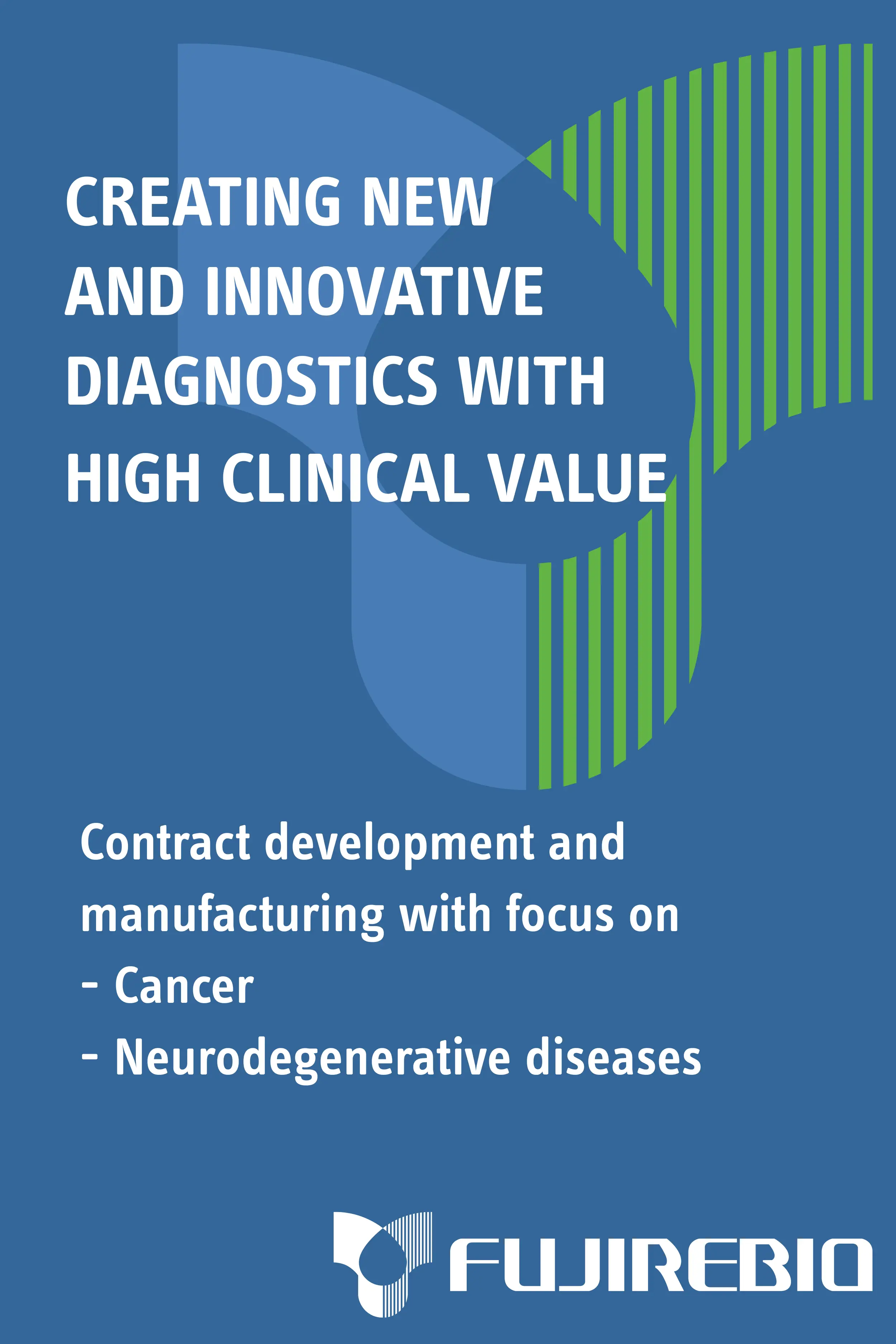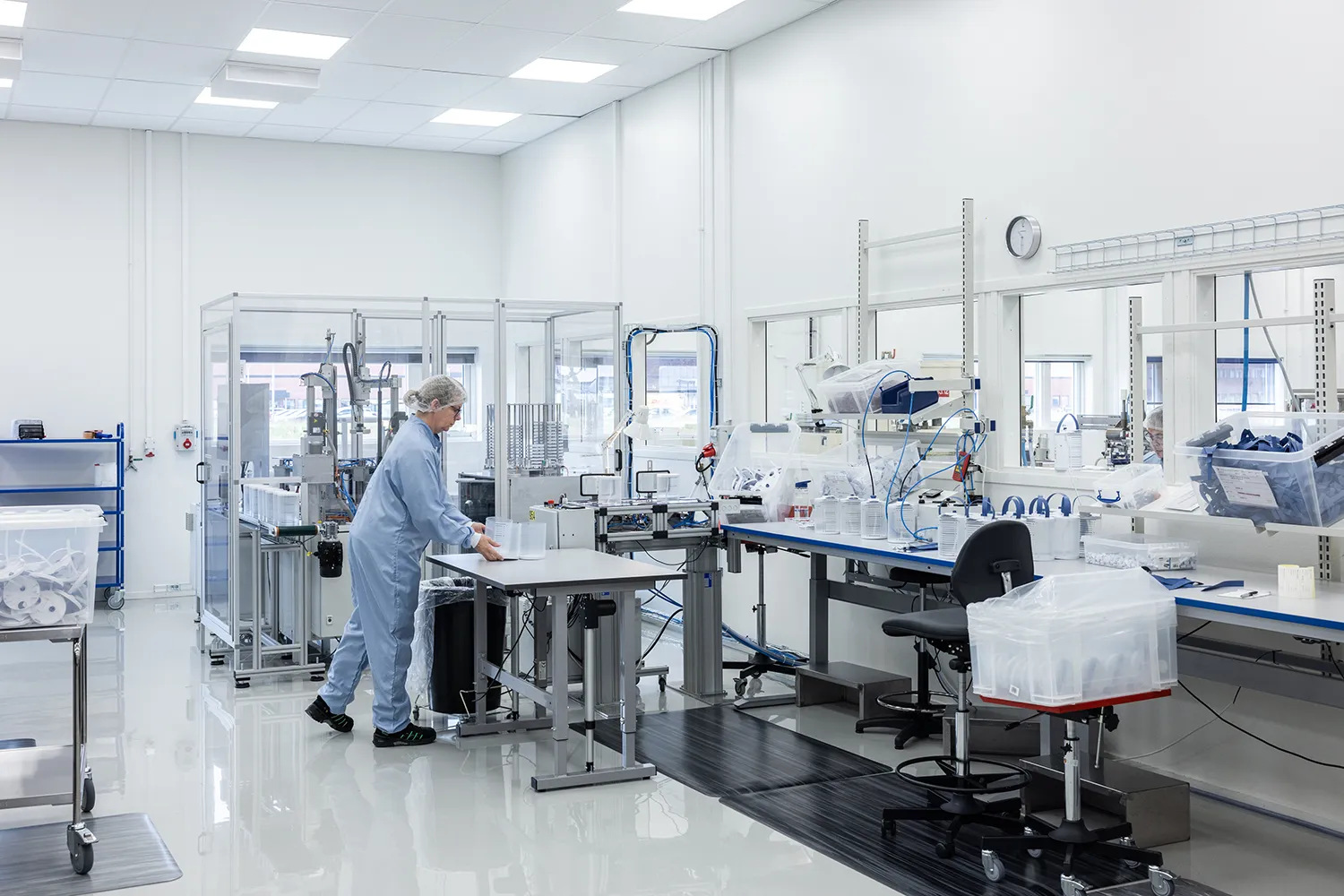Breaking New Ground in Alzheimer’s Diagnostics

The international biotechnology company Fujirebio Diagnostics develops, produces, and commercializes medical devices for in vitro diagnostics (IVD), with a focus on tumor markers for diagnosis, monitoring, and follow-up of patients with solid tumors, as well as biomarkers for the diagnosis of neurodegenerative diseases in cerebrospinal fluid and blood.
- “Our R&D teams and production teams are continuously developing new technologies and unique biomarkers with high clinical value,” says Christian Fermér, Managing Director at Fujirebio Diagnostics AB.
- “Through partnerships with leading companies in the industry, we share knowledge, capabilities, and critical materials to deliver, develop, or manufacture diagnostic solutions across a wide range of platforms that can be found in hospital laboratories worldwide.”
For decades, Fujirebio Diagnostics has advanced diagnostics using monoclonal antibodies. The company has, among other things, developed enzyme-linked immunosorbent assays (ELISA), which are easy to use and do not require advanced equipment. The advantage of this manual format is the rapid dissemination of new products, enabling clinical researchers to generate studies that demonstrate clinical utility.
- “Scientific publications are an important part of marketing new products and usually attract major players in the diagnostics industry who want the same tests included in their test menus on their automated analyzer systems.”
Fujirebio Diagnostics’ largest business area is the sale of antibodies to leading global medical technology companies in the diagnostics industry, where the company’s antibodies form the critical foundation for new diagnostic tests.
- “A good example is the PSA test for measuring prostate-specific antigen, where regardless of manufacturer worldwide, there is a very high probability that the antibodies come from us at Fujirebio Diagnostics.”
- “We also have a third business area where we support the diagnostics industry in developing and manufacturing products for their test systems. With our services, we ensure that potentially life-changing diagnostic markers meet the greatest global needs in the shortest possible time.”

Lumipulse®
that with the approval of new drugs for Alzheimer’s disease, the diagnostics industry in the 2020s has shifted its focus toward diagnostics for neurodegenerative diseases such as Parkinson’s, MS, and above all, Alzheimer’s disease, where Fujirebio has taken a leading position. The company has developed a test that in May 2025 became the first blood-based test in the world to be approved by the FDA as a tool for diagnosing Alzheimer’s. The test measures a specific form of the tau protein and a specific amyloid peptide, and the ratio between the two indicates the presence of amyloid plaques in the brain, considered a hallmark of Alzheimer’s disease.
- “This is of course a major milestone for us and reinforces our position as a leader in diagnostics for neurodegenerative diseases. Now, thousands of patients can easily be diagnosed with a simple blood test, receive the right treatment, and be prescribed the new drugs that significantly improve their quality of life.”
- “Fujirebio is now making a major investment, including here in Gothenburg, to develop equivalent tests for other neurodegenerative diseases, which is a crucial step for differential diagnostics. These tests will ensure that patients receive the right treatment at an earlier stage.”

A global group
Fujirebio Diagnostics was founded in Japan in 1950 and has grown through various acquisitions into an international group with operations in Japan, Sweden, Belgium, and the United States. The Swedish operations trace their origins to a research project at the University of Gothenburg, established in 1980 with the aim of developing a blood test for pancreatic cancer. Stena Line, one of the world’s largest ferry operators headquartered in Gothenburg, saw the potential and formed Stena Diagnostics, which was later acquired by Pharmacia Group and eventually evolved into CanAg Diagnostics. In 2006, the business became part of the Fujirebio Group.
- “For almost 40 years we remained at Stena Line’s Germany Terminal, but in 2021 we took the step of becoming the first company to move into the new GoCo Health Innovation City in Mölndal. Unlike many other companies in the area, we own our own state-of-the-art facility with offices and laboratories,” says Christian Fermér.
- “It has been exciting to follow the development of GoCo Health Innovation City and to build new collaborations here.”
The main owner of Fujirebio Diagnostics is the Japanese H.U. Group Holdings, which also owns SRL Inc, Japan’s largest privately owned clinical laboratory, performing over 200,000 tests per day.
- “Within the group, there is therefore a natural synergy between us at Fujirebio, who develop diagnostics, and H.U. Group Holdings, which operates an enormous diagnostic laboratory.”








-1%20kopiera.webp)










